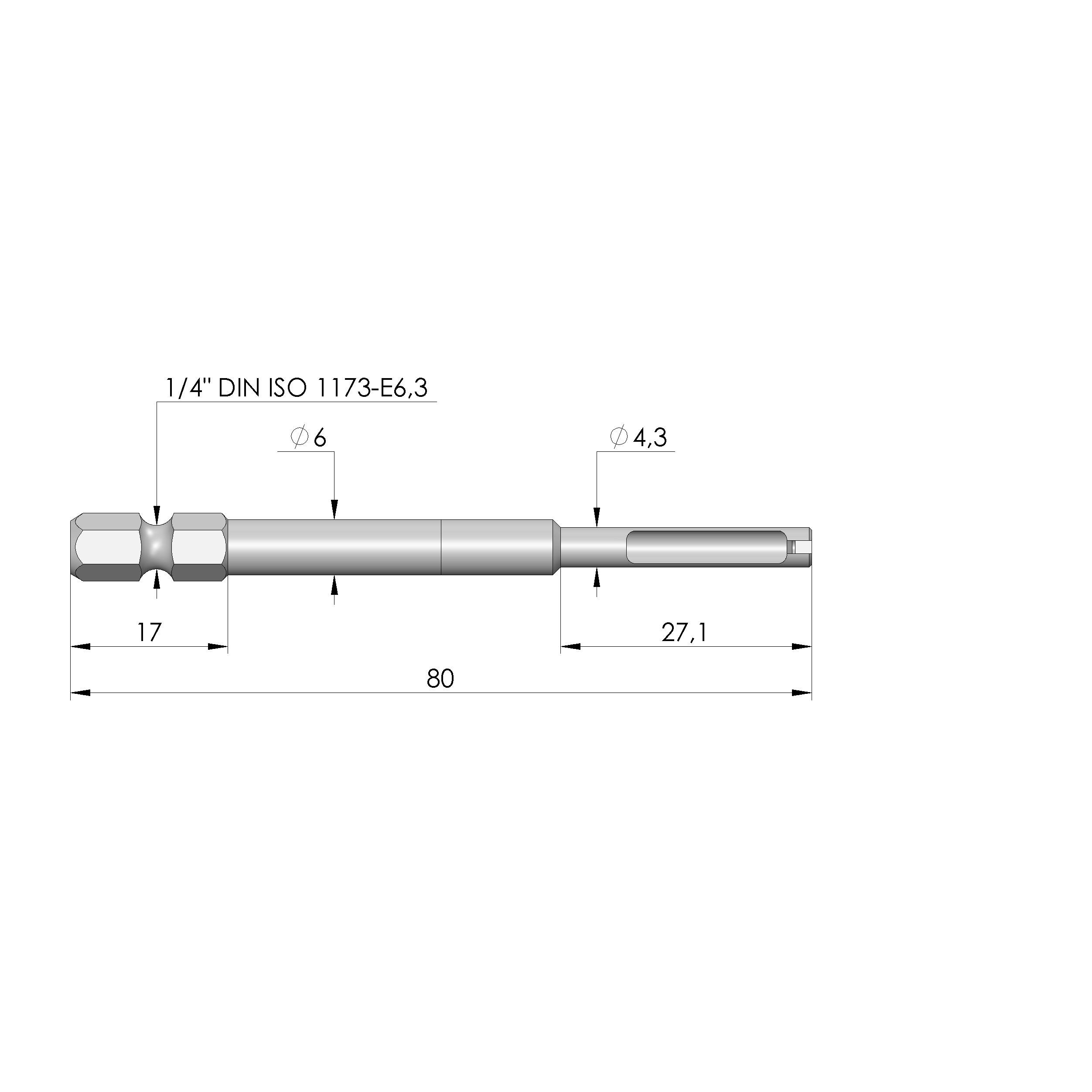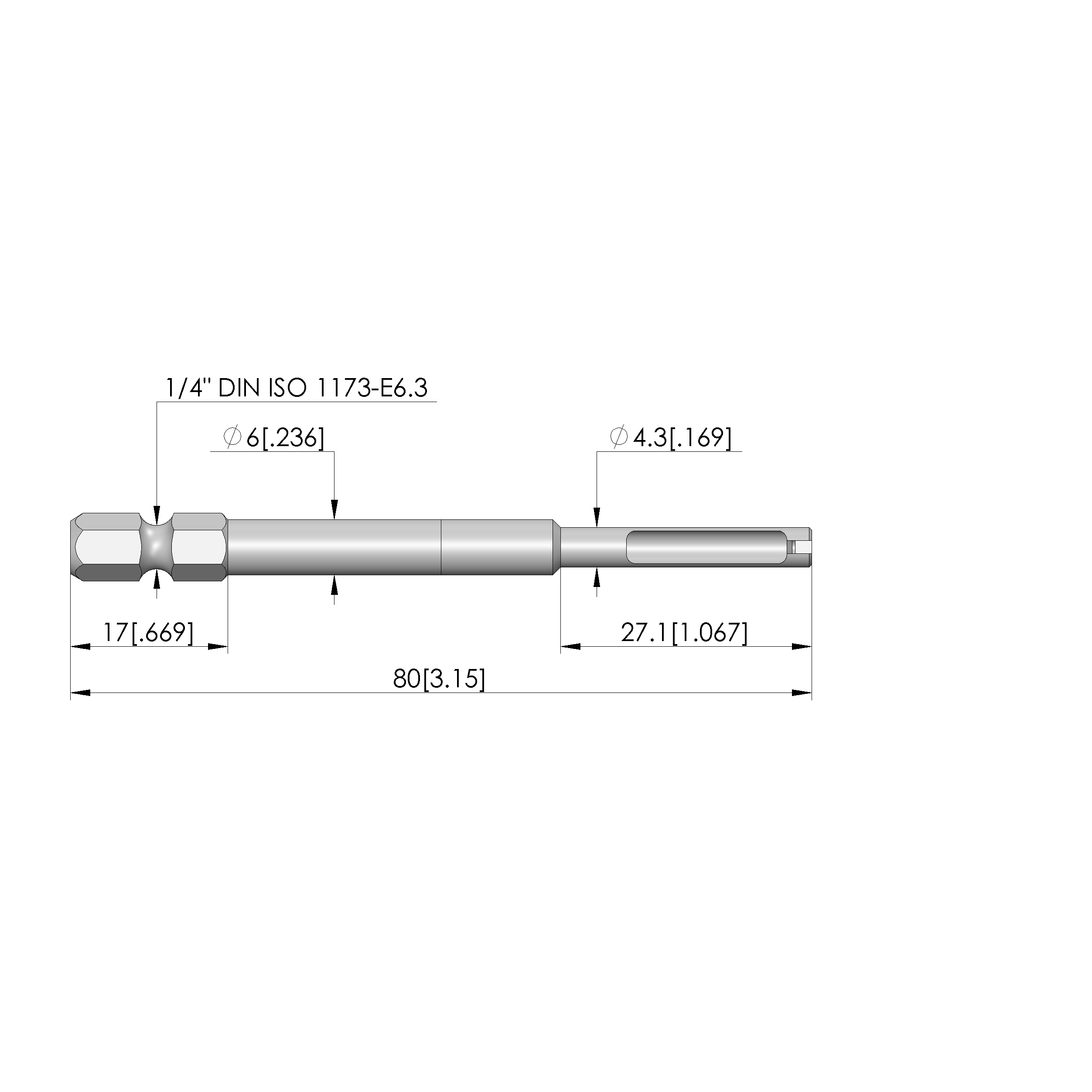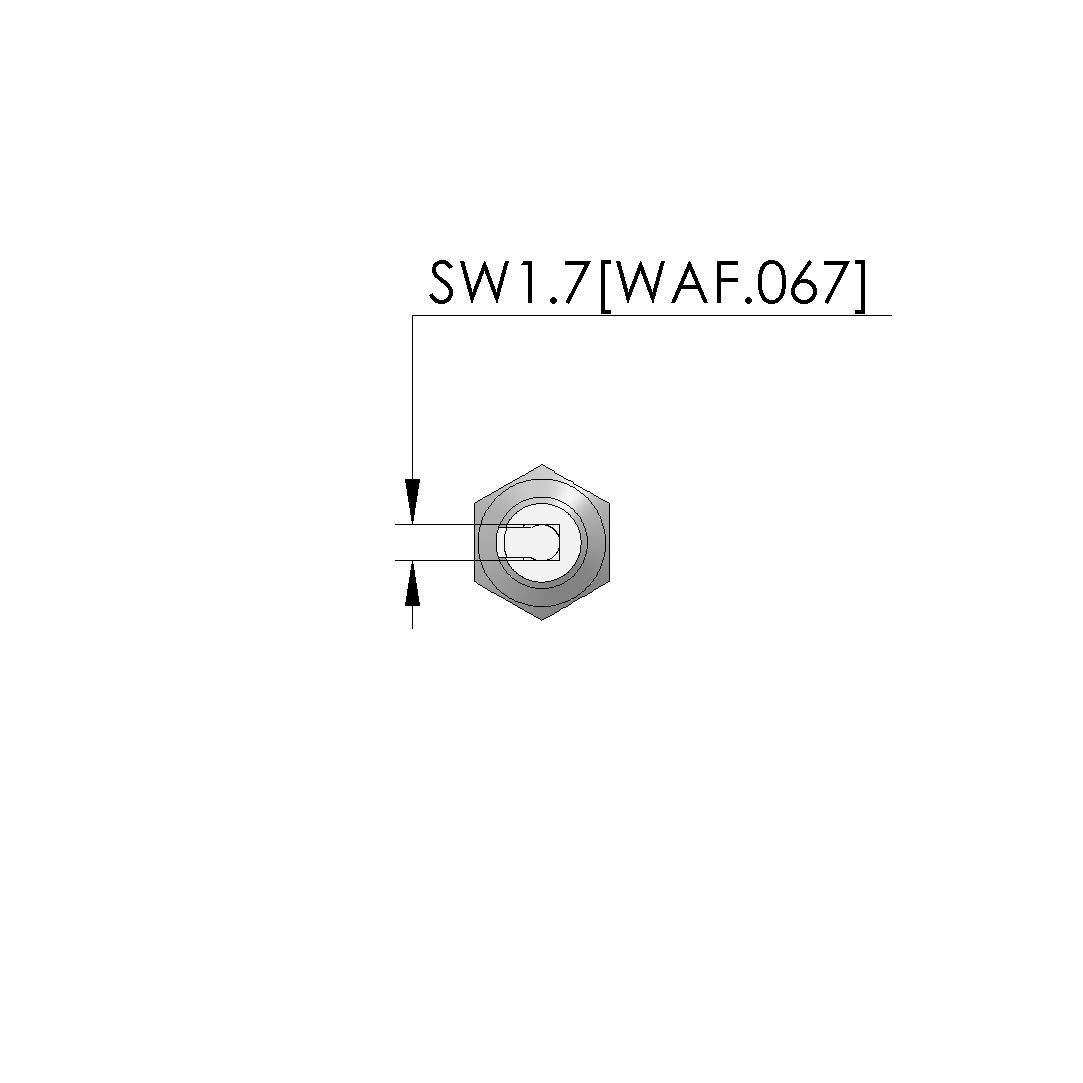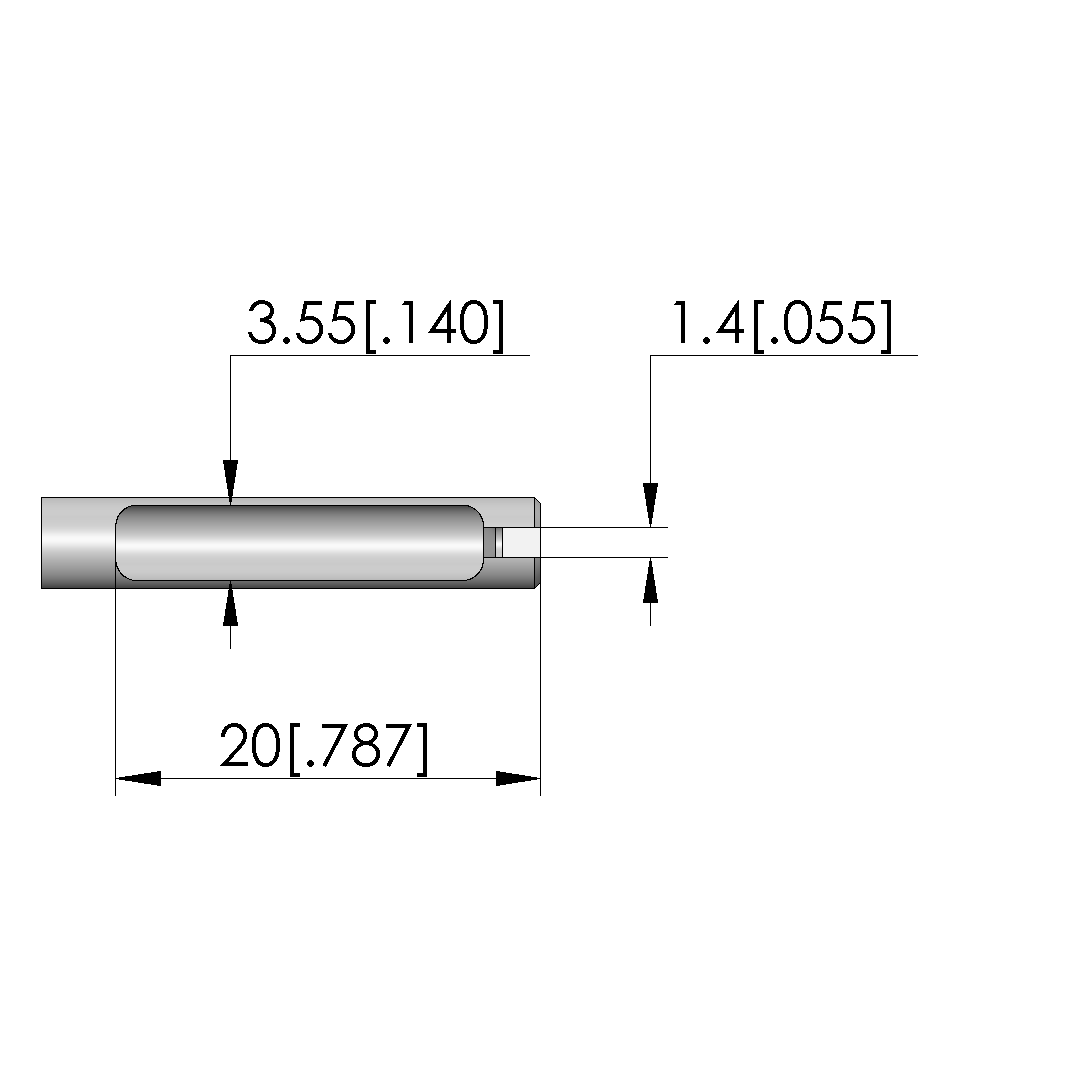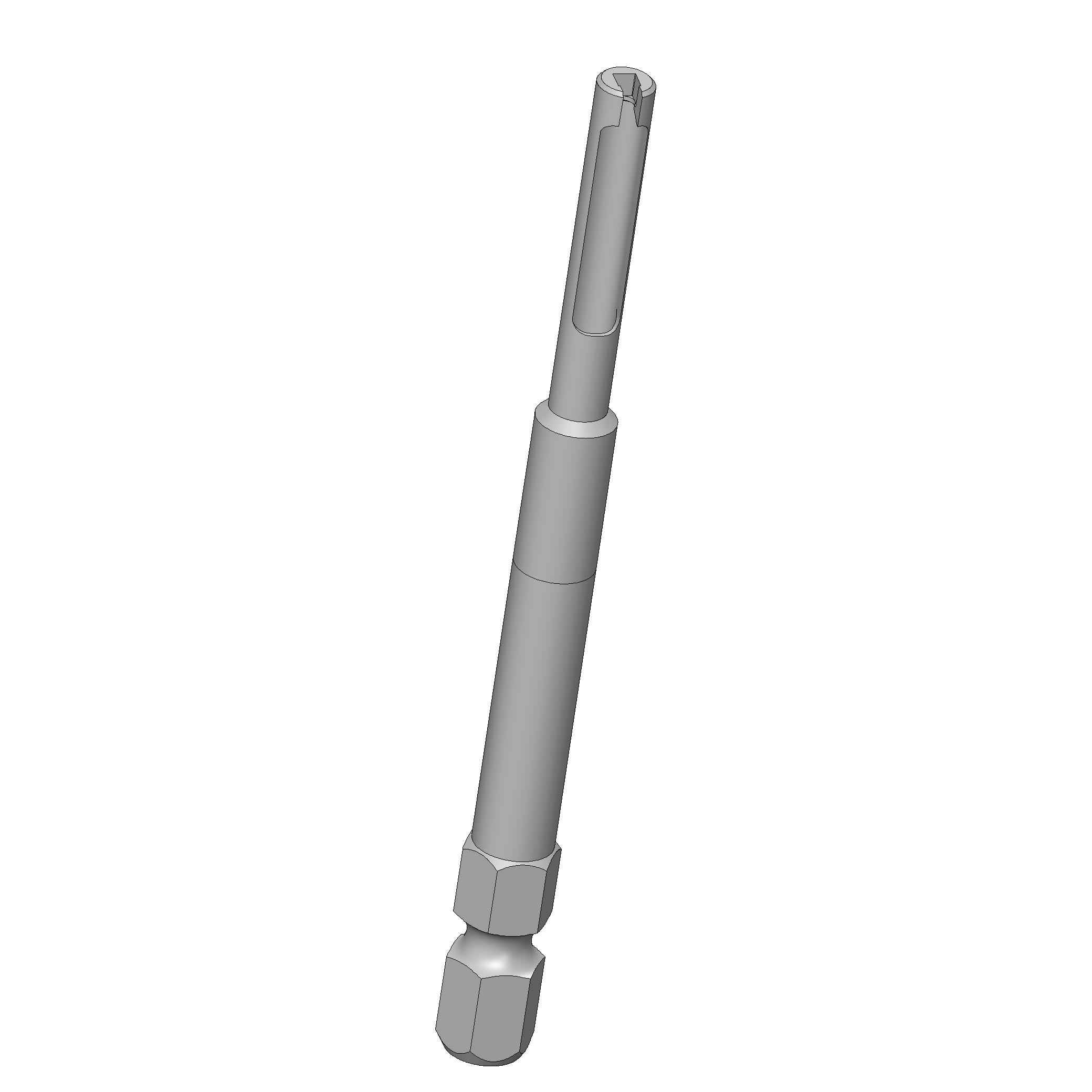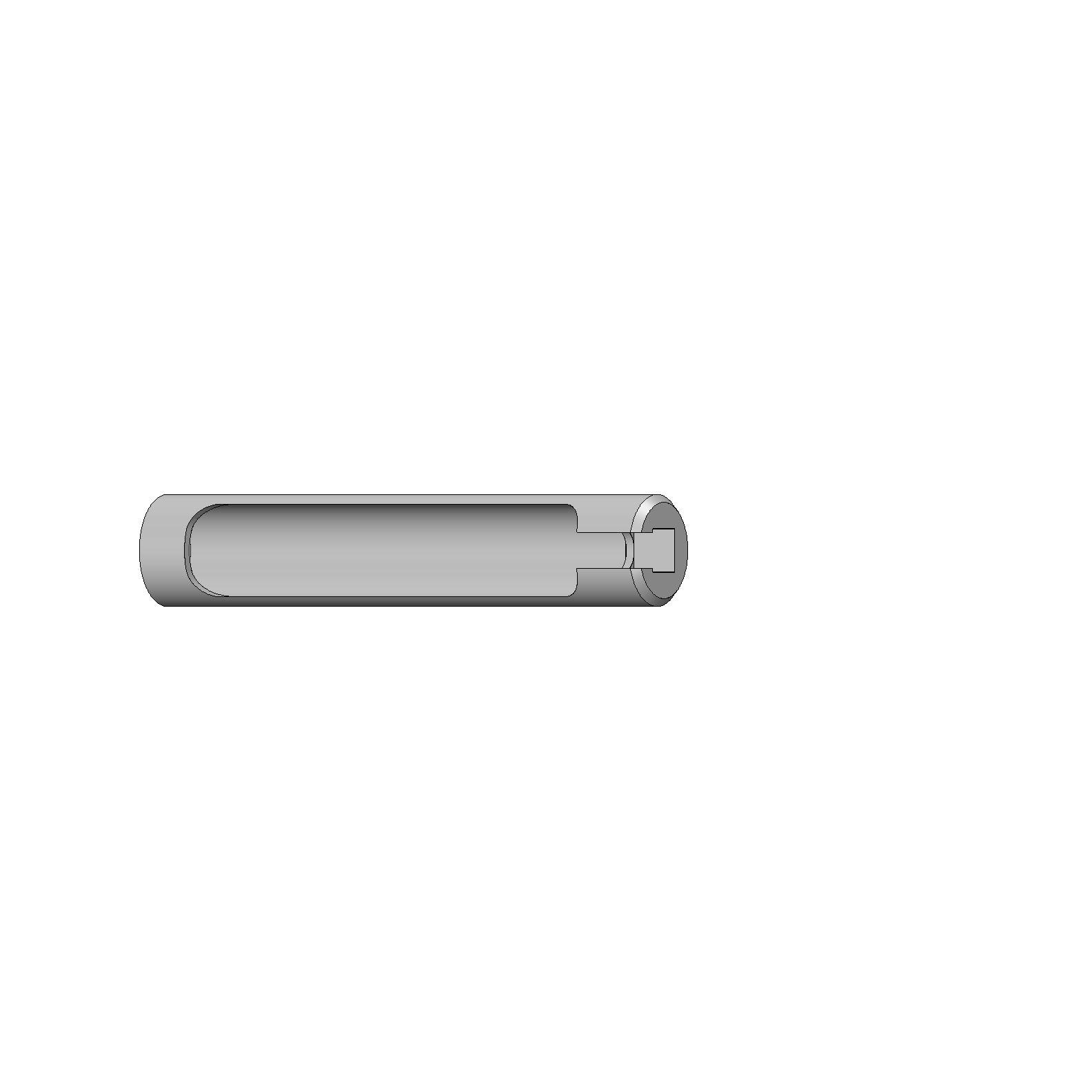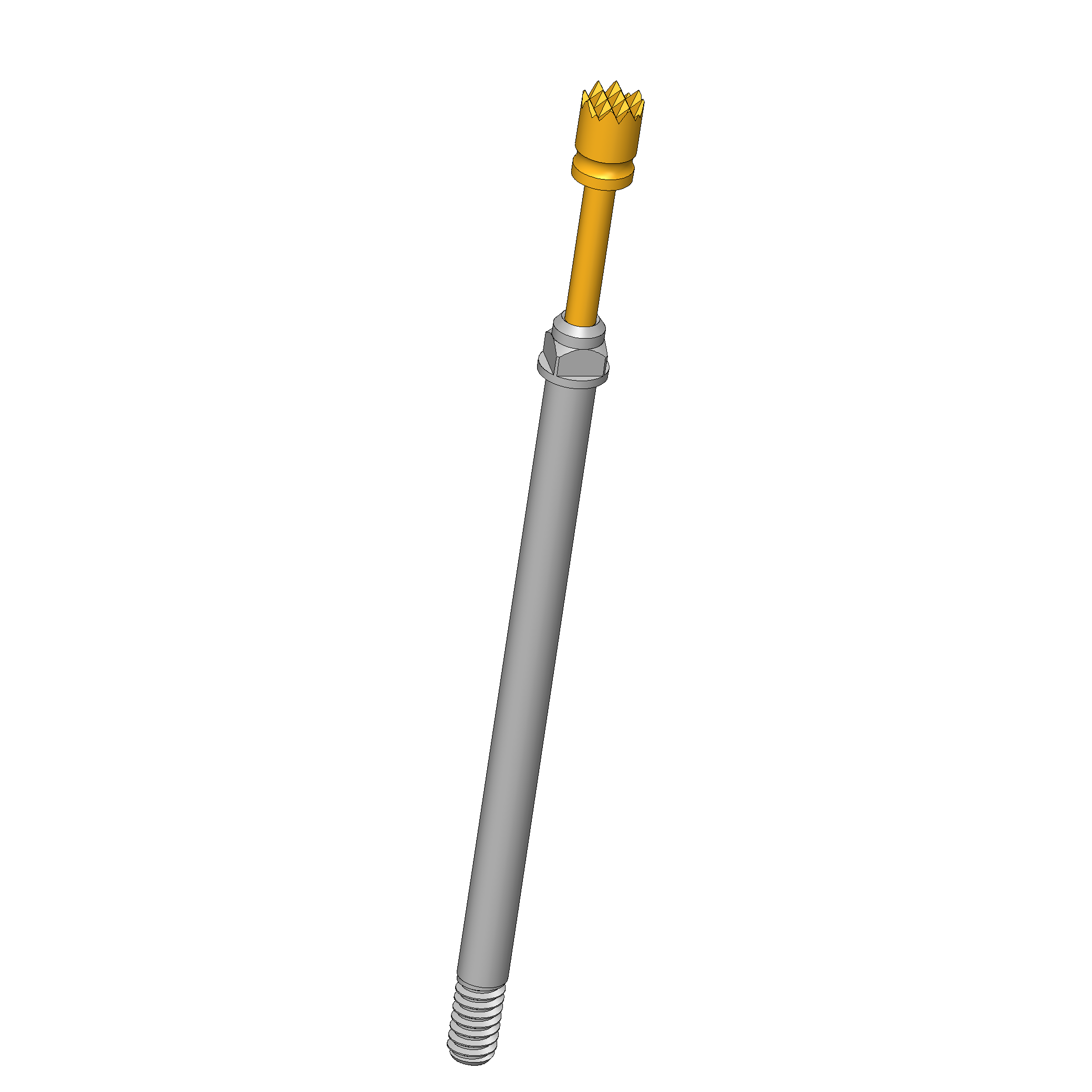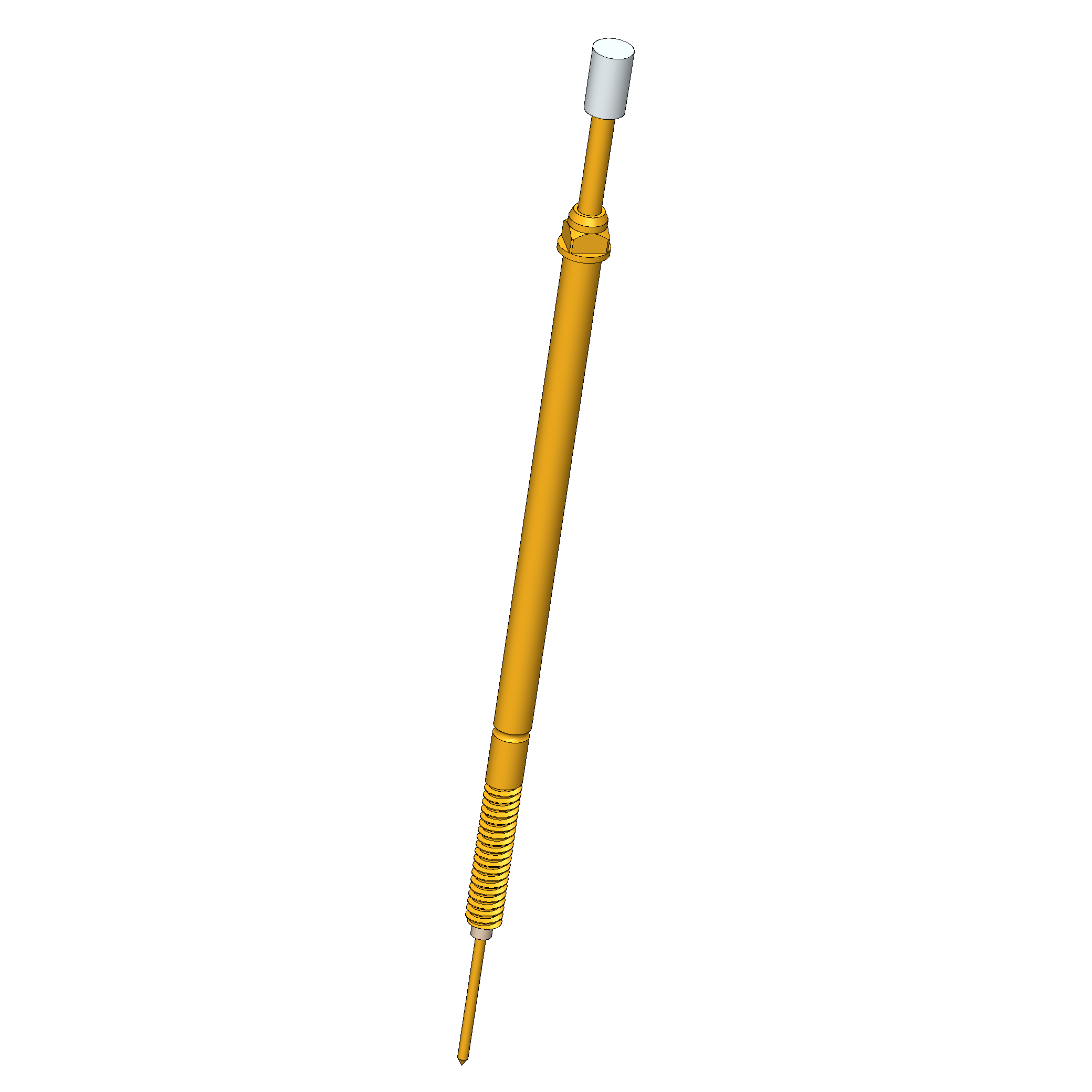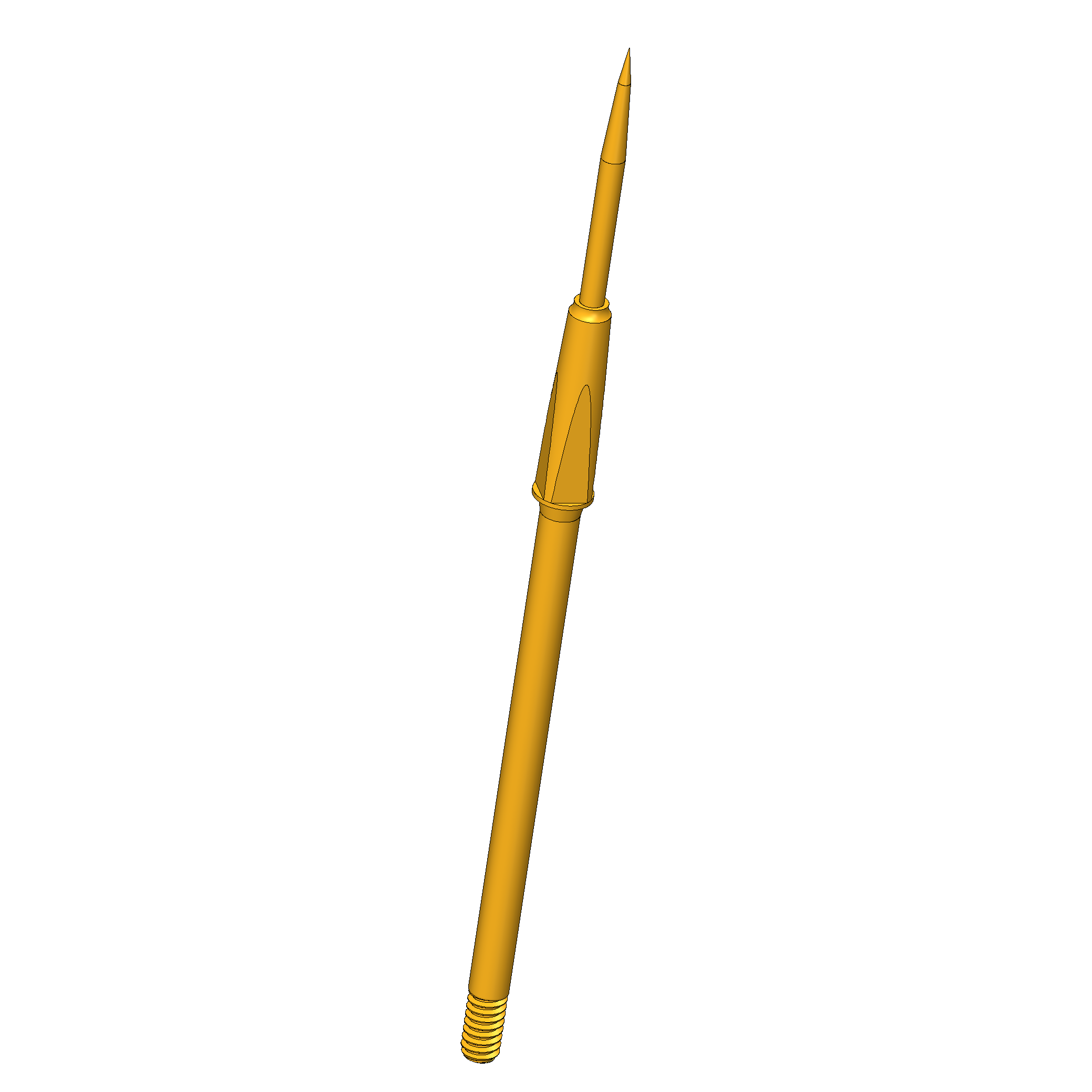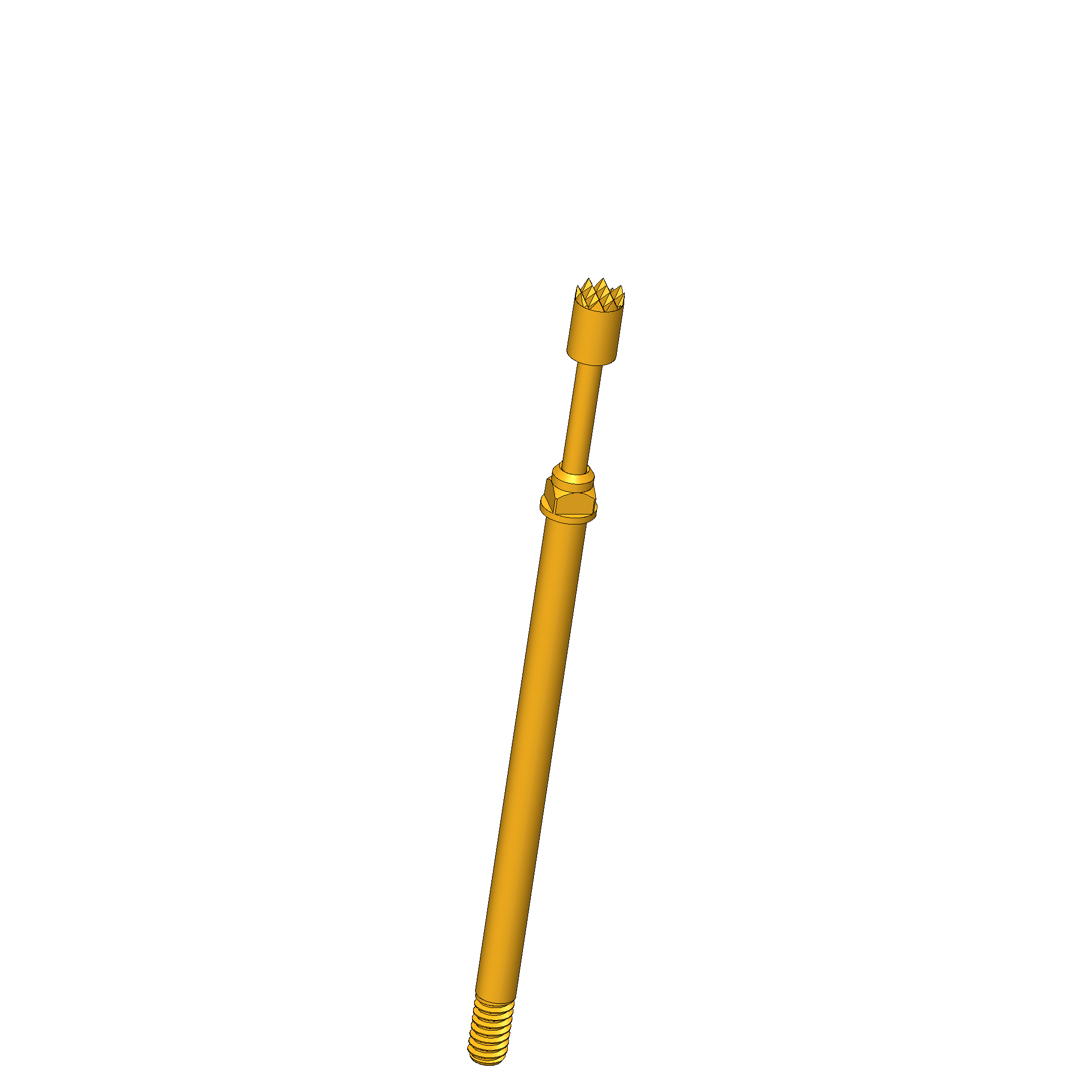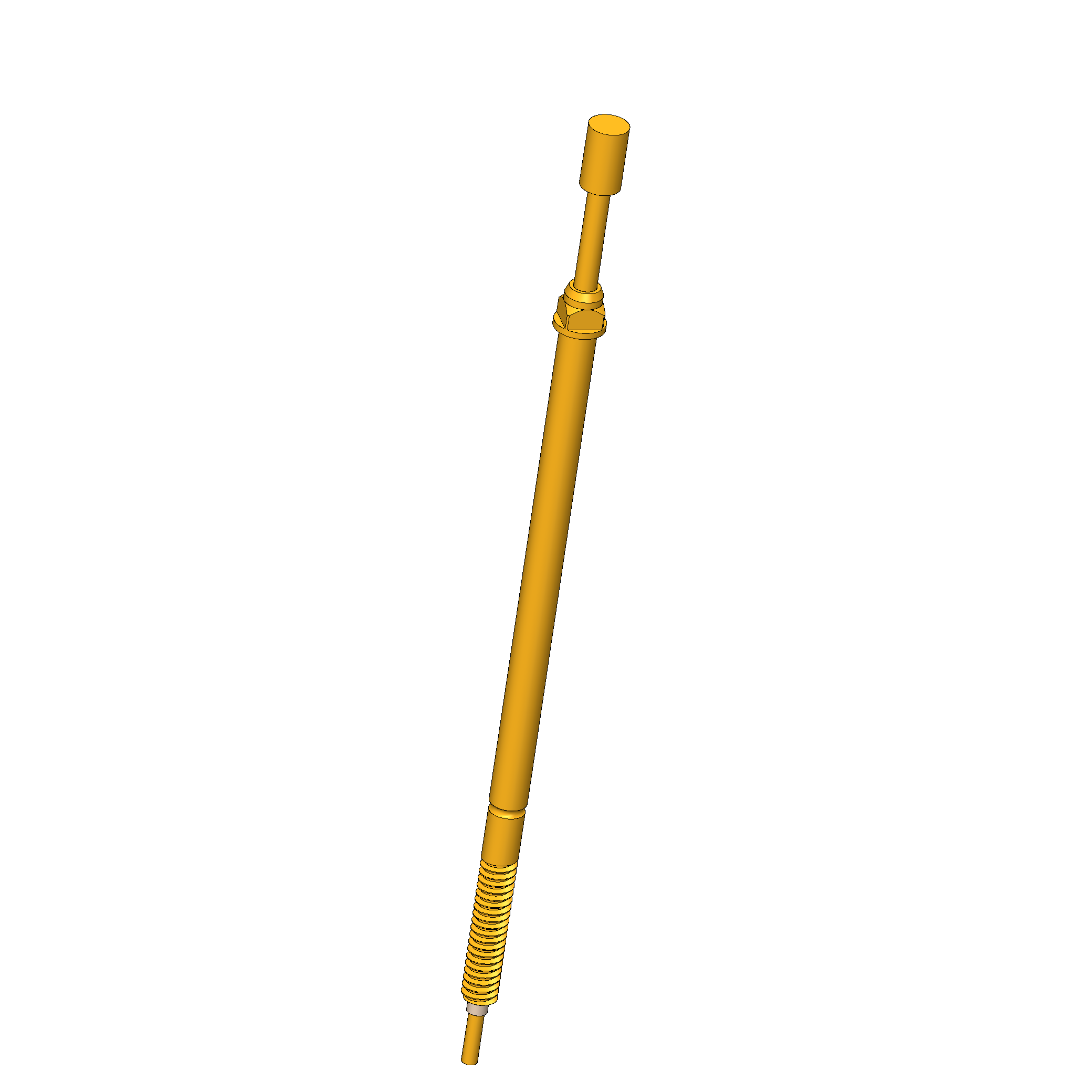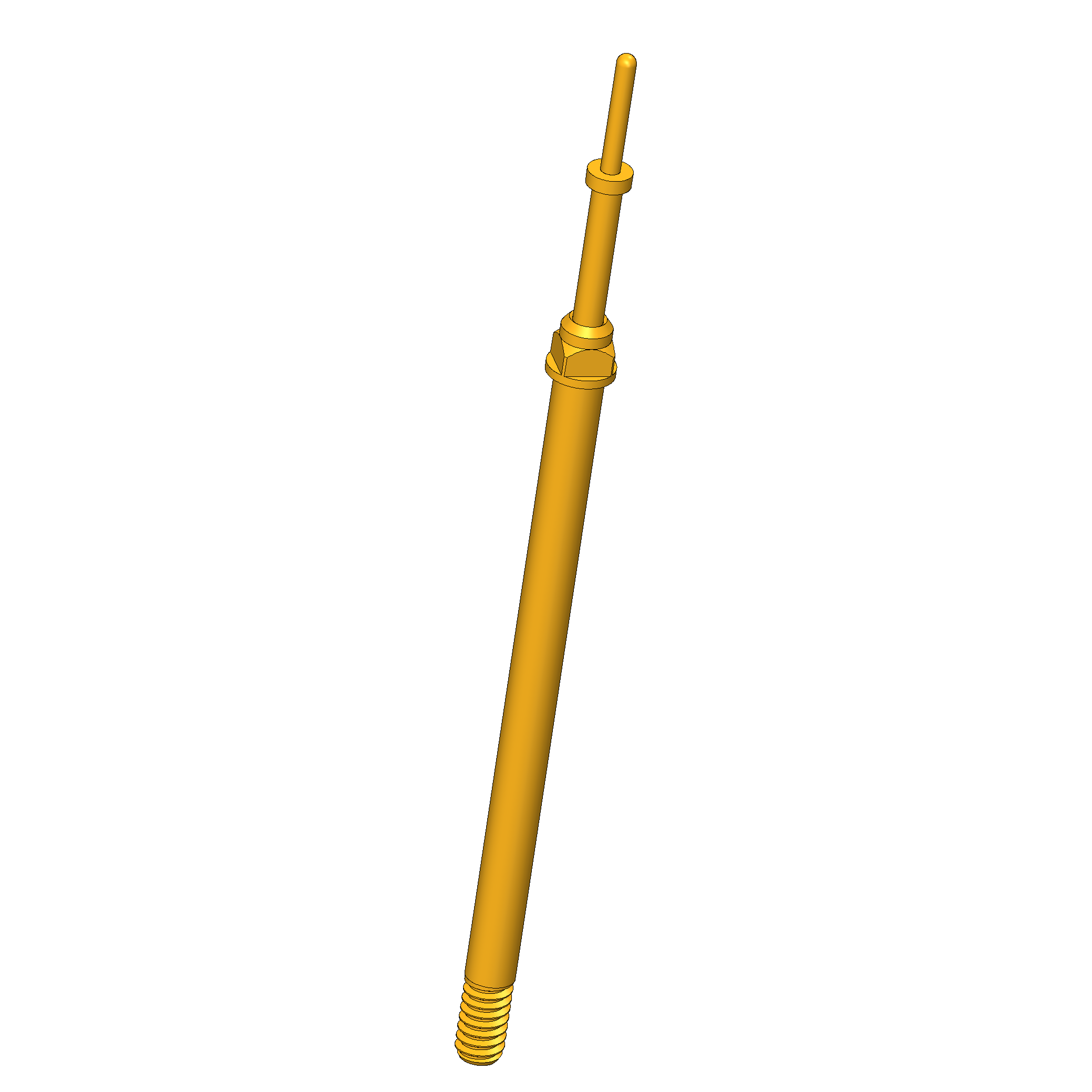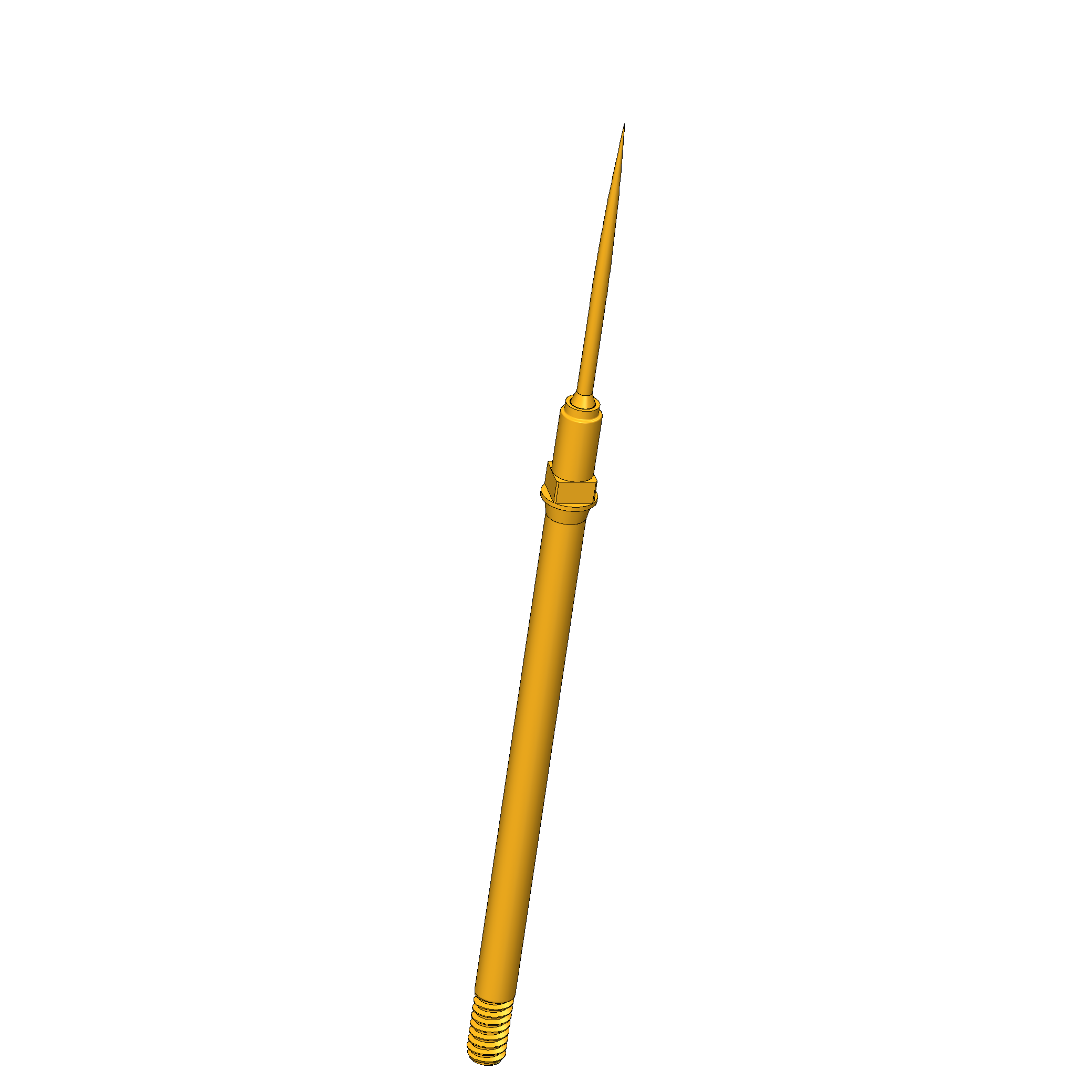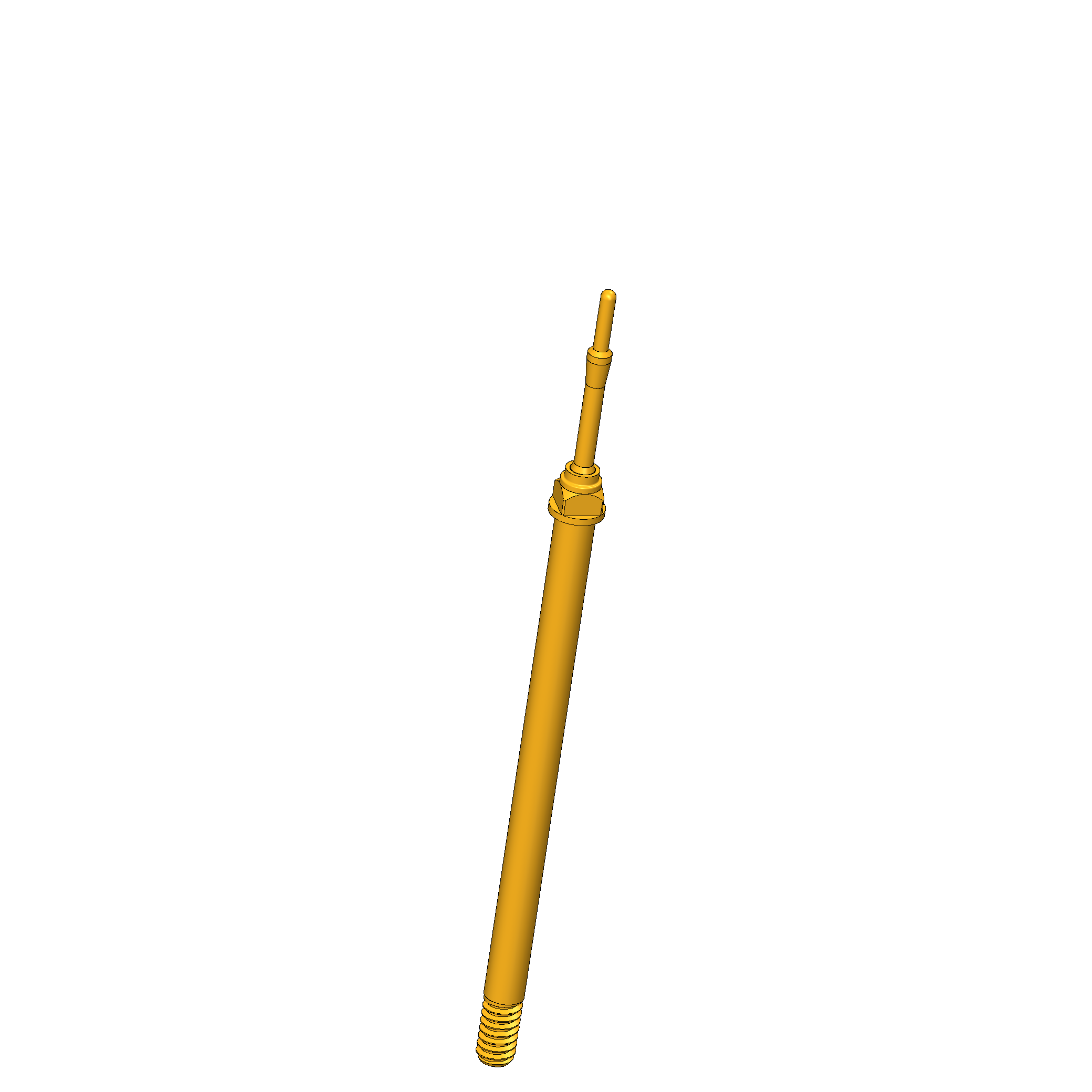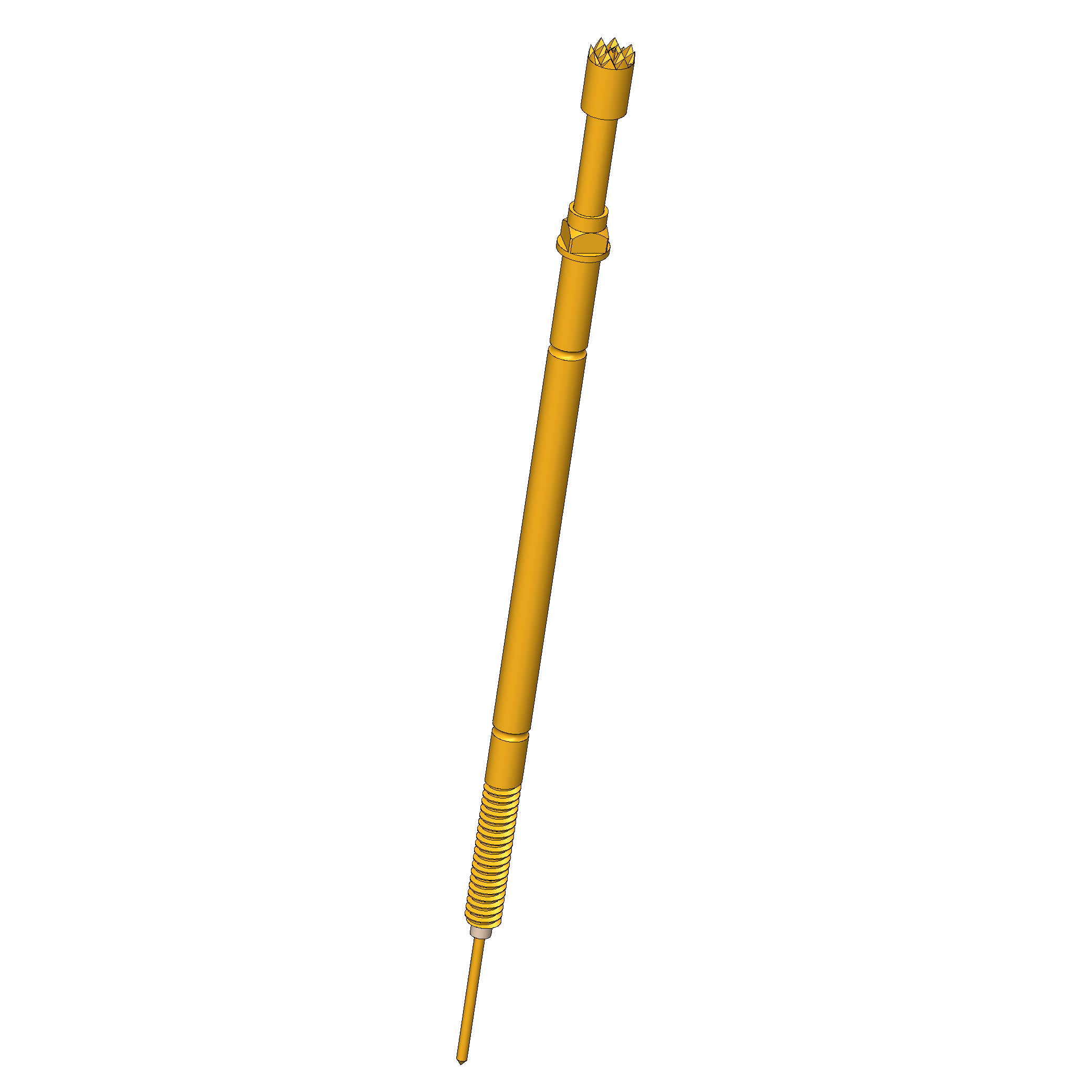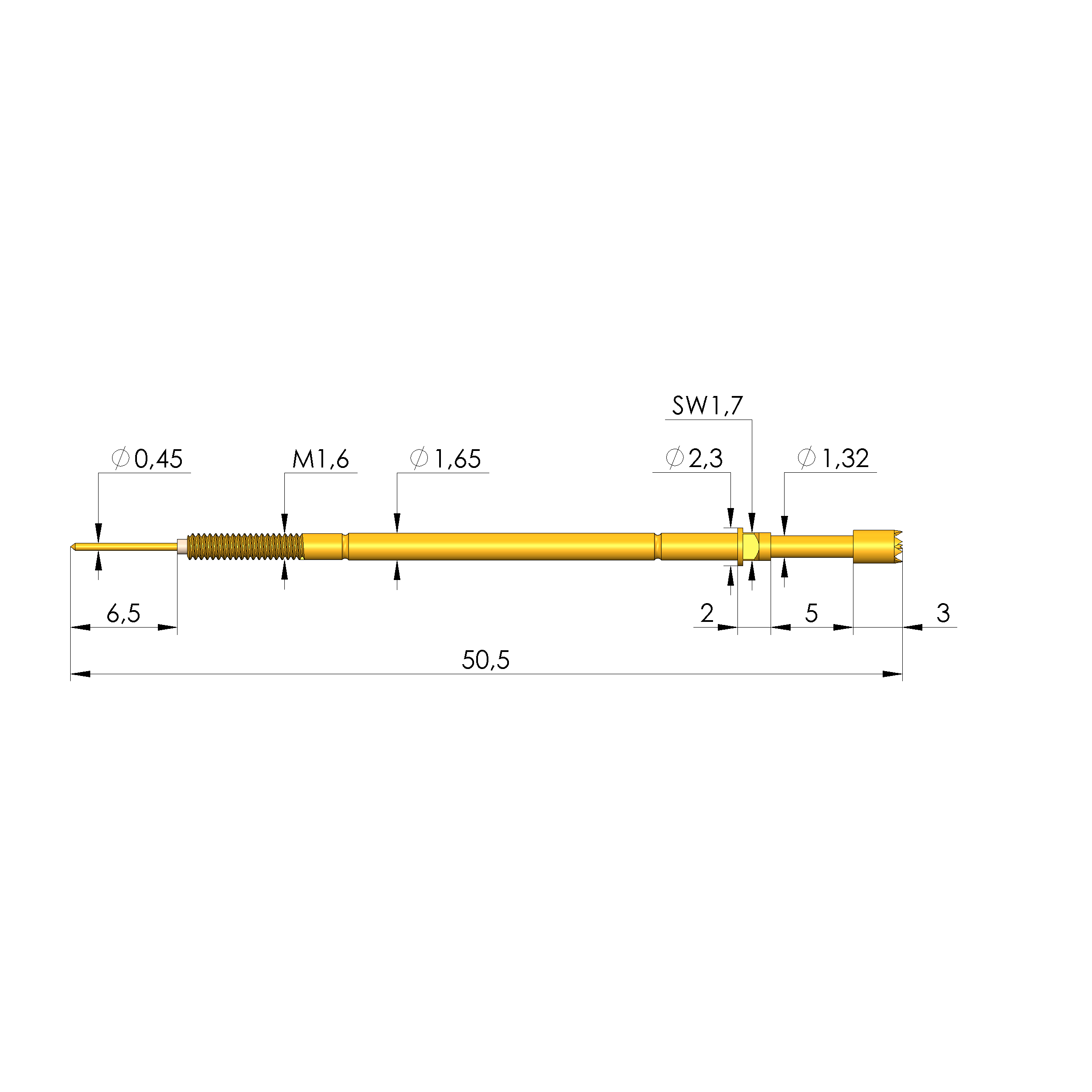Screw-in tool BIT-GKS-112 M Item BIT-GKS-112M
Screw-in tool BIT-GKS-112 M Item BIT-GKS-112M
Please log in to show the price
Login
The prices listed in the scale are displayed rounded, therefore deviation in the total price is possible.
Shipping costs
* The prices are rounded to two decimal places.
Technical data
| Product group : | Bit inserts (BIT) |
|---|---|
| Compatible test probe(s) / receptacle(s) : | 006 GKS-112, HSS-118, SKS-215, T-112, DPS-215, HFS-409 |
| Series : | BIT-GKS |
| Tool for receptacle (KS) : | No |
| Tool for test probe (GKS) : | Yes |
| Test probe installation type : | Screw-in |
| Max. tip diameter : | 3.5 mm |
| Tool version : | Rigid |
| Screw-in torque : | 3 - 5 cNm |
| RoHS-compliant : | RoHS-3 |
